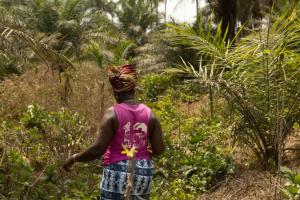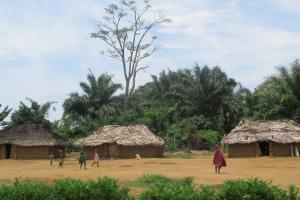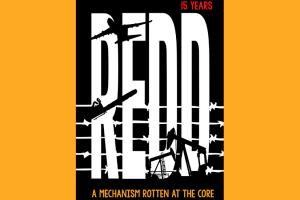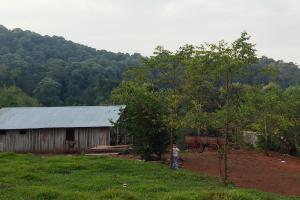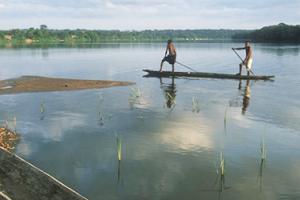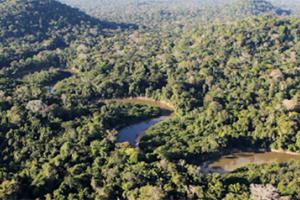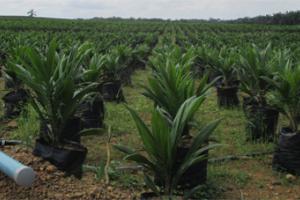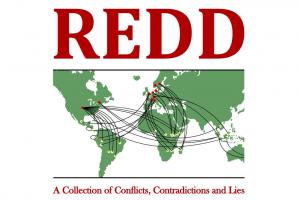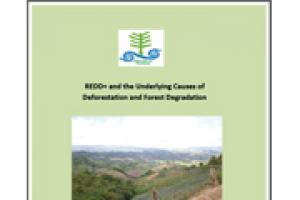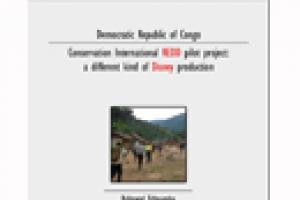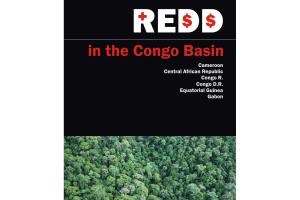Carbon offsetting and REDD
Reducing Emissions from Deforestation and Degradation (REDD+) has become the dominant international forest policy. Variations of REDD+ include Nature-Based Solutions and corporate pledges to achieve Zero Net Deforestation. In reality, though, deforestation continues, polluting companies use REDD+ offsets to avoid reducing their fossil fuel emissions, and zero-net deforestation pledges allow forests to be cleared in one area as long as an “equivalent” area is restored elsewhere.
Bulletin articles
27 June 2024
Behind every tree plantation developed for carbon offsets, there are external agents seeking to profit from increased control over the land. And while they all have the same colonial approach, these plantations can vary widely: they can be large-scale monocultures or schemes with smallholder farmers; they can include exotic species or native species; and some of them may even exist on paper only.
Articles
29 April 2022
The design of the complaint mechanism has systematically failed to resolve the communities' complaints. But then, why does this mechanism exist?
Publications
28 April 2022
This publication gathers eleven articles that reflect on fundamental and dangerous dimensions of Reducing Emissions from Deforestation and Forest Degradation (REDD), the dominant forest policy around the world since 2007.
Bulletin articles
14 May 2019
While the destruction of forest territories continues, more pledges, agreements and programs are being implemented in the name of ‘addressing deforestation and climate change’.
Other information
5 February 2016
Bulletin articles
9 December 2014
Other information
13 November 2013
Publications
10 November 2011
Bulletin articles
30 August 2011
Publications
11 December 2010
The forest of the Congo Basin expands over an area of continuous tropical rainforest cover only second to that of the Amazon forest. Those forests are currently receiving a lot of attention within the Climate Change negotiations.
